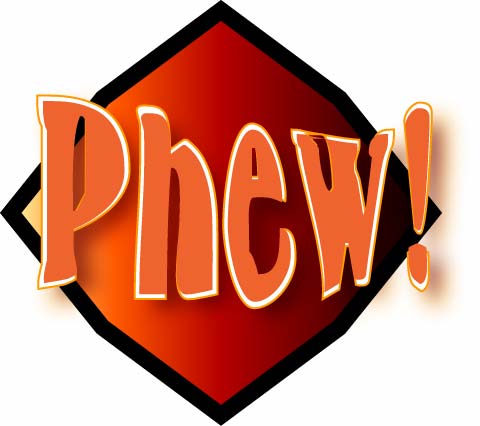

All of those pieces will help you remember the word. You can also write down a definition, a synonym or an example sentence. I did this when I was learning German and Spanish, and you can do the same.Įvery time you hear a new word or phrase, write it down in your notebook. If my students ask for ways to improve their vocabulary, I often suggest that they should always keep a small vocabulary notebook with them. This is probably the easiest way to practice, and if you already have a piece of paper and a pen/pencil, it’s free! There’s a popular saying in English: “Practice makes perfect.” That means that if you want to become an expert at something (like learning homophones or even English in general), you have to practice a lot. Fortunately, if you want to practice homophones, there are many ways to do so.
FEW OR PHEW PLUS
To help you learn these, we’ve put together some cool tips, plus a handy list of some of the most common homophones in English. As a result, there are also lots of homophones in English. However, English does have many vowel sounds, many silent letters, and lots of words that come from many other different languages. In those languages, words usually sound like they’re spelled. Still, even those languages have some homophones at least. The point is that basically every language has homophones, so try not to get frustrated when you’re learning them. Other languages, like Spanish or German, for example, are more consistent with spelling and pronunciation. There’s even a famous Chinese story where every single word is some variation of the word “shi”!

French is also similar in this way, because there can be multiple words with one pronunciation.Ĭhinese homophones are also really interesting. Why Does English Have so Many Homophones?Ī word’s pronunciation in English may not always be the same as its spelling. For example, “I’m so nervous about watching this game, I can’t bear to watch the last minute!” But today we’ll just focus on homophones.

There’s another word that begins with homo-, which native speakers often confuse with homophone: homonym. Again, the root homo- means “same,” but – nym means “name.” A homonym is a single word (with one spelling) that has more than one meaning.Īn example of a homonym is the word “bear.” You probably know about the animal called a “bear,” but the word “bear” can also be a verb that means to tolerate. (Download) What Is a Homophone?Īs mentioned above, sets of words like “you’re” and “your” are called homophones. The root of that word, homo-, means “same,” and the root phone- means “sound.” Homophones are two words that sound the same, but have different meanings. So the words “two” and “to” are homophones, as are “ate” and “eight.”
FEW OR PHEW PDF
Let’s start by taking a closer look at the meaning of the word “homophone.”ĭownload: This blog post is available as a convenient and portable PDF that youĬan take anywhere. In this post, you’re going to learn over 25 pairs of homophones that you’ll definitely want to know. Words like these, which sound the same but have different meanings, are called homophones. Or is it “your not alone”? No, I’m just kidding, I did mean to say “you’re not alone,” but it’s true that you can find many examples of native speakers confusing sets of words like “you’re” and “your.” Or when you started learning the past tense, perhaps you thought it was strange that “ate” was pronounced the same as the number “eight.”īelieve me, this can also be strange and confusing for native English speakers, so you’re not alone. Maybe you were surprised to discover that the number “two” was pronounced the same as the word “to.” If you’ve been learning English for even a short amount of time, you’ve probably noticed that, right? By Ryan Sitzman Last updated: AugThe Bare Necessities: 25 Pairs of English Homophones You’ll Need in LifeĮnglish pronunciation can be pretty weird.


 0 kommentar(er)
0 kommentar(er)
